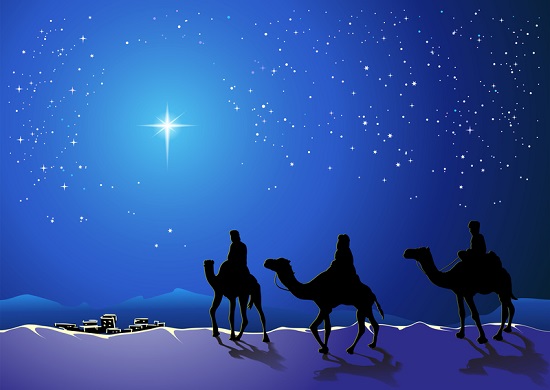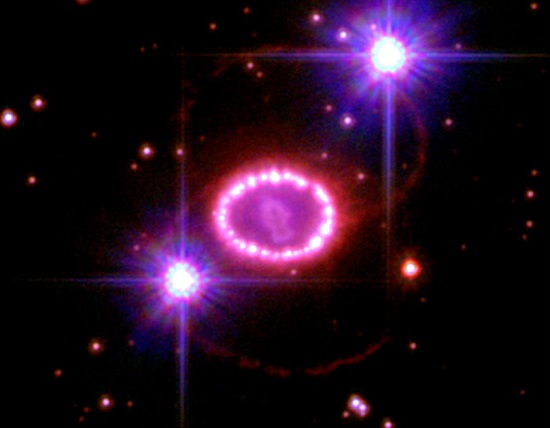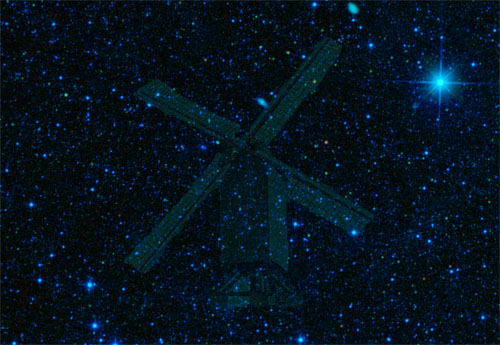A Christmas Meditation
The naiveté of those who doubt that Jesus is the messiah because they suppose that he arranged to fulfill the requirements and prophecies of the messiah himself always amuses me – particularly at this time of year when the preparations of God for the arrival of the messiah are so apparent.
It reminds me of the naiveté of the comic character Calvin, of Calvin and Hobbes – an active and curious child who with his stuffed tiger (who is alive to Calvin) always gets into amusing situations. In one instance Calvin asks his father: Continue Reading




